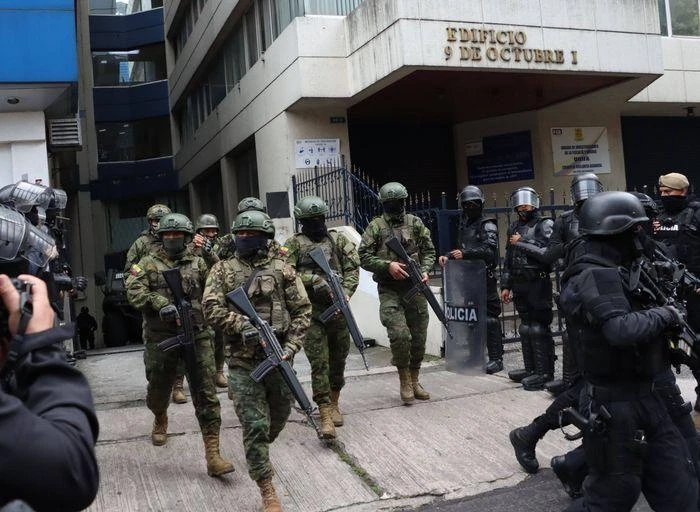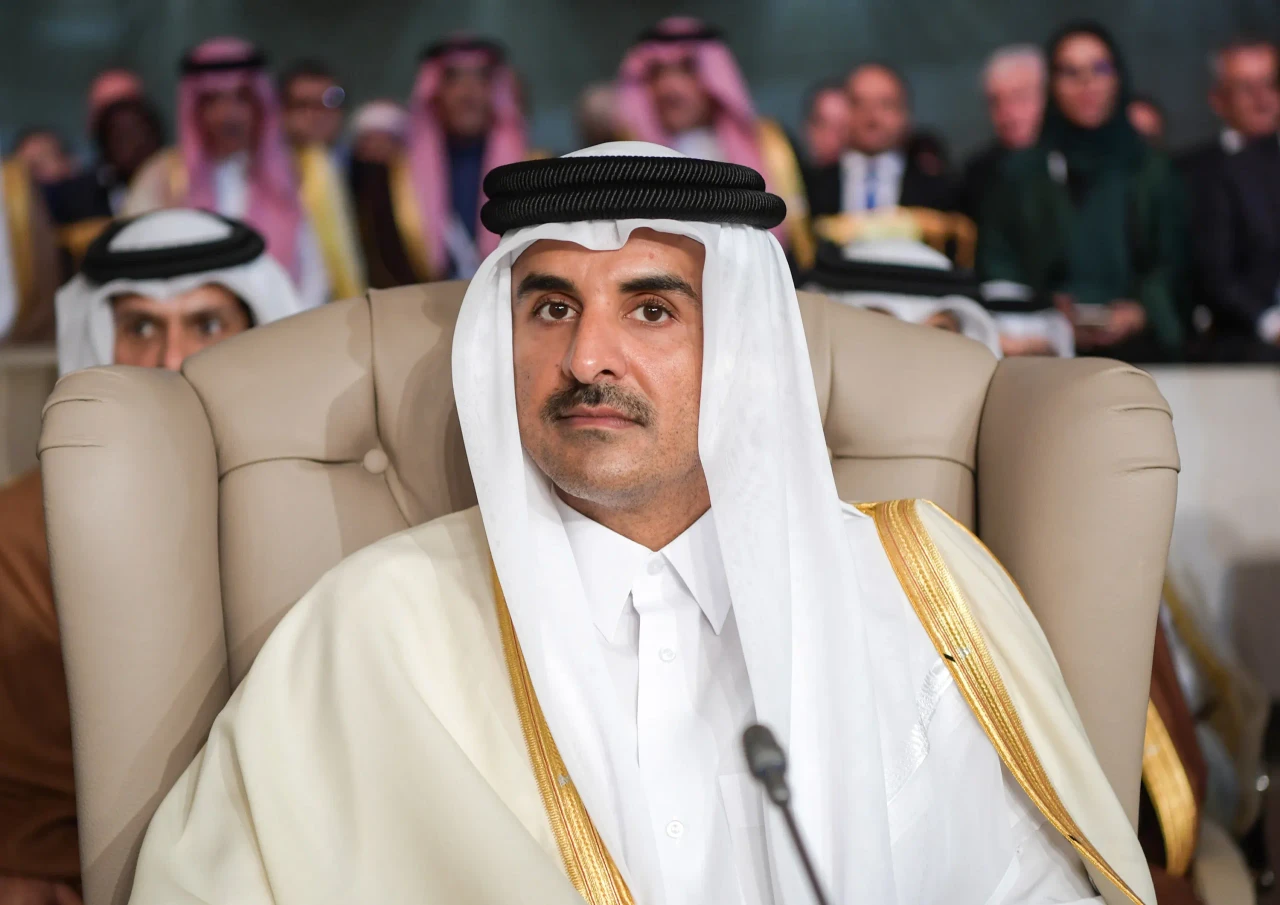UN court rejects Mexico’s bid for emergency measures in diplomatic dispute with Ecuador

The International Court of Justice (ICJ) rejects Mexico’s request for emergency measures to protect its embassy in Quito, stating that Ecuador provided sufficient assurances after a controversial raid last montth
The United Nations’ top court, International Court of Justice (ICJ), on Thursday rejected Mexico’s request for emergency measures to protect its embassy in Quito, ruling that Ecuador provided sufficient assurances after a controversial raid last month.
In early April, Ecuadoran security forces stormed the Mexican embassy in Quito to seize former Vice President Jorge Glas, who is wanted on corruption charges and had been granted asylum by Mexico. Mexico brought Ecuador before the International Court of Justice in The Hague, alleging Quito’s breach of international law.
Mexico sought “provisional measures” from the ICJ, including orders for Quito to “take appropriate and immediate steps to provide full security of diplomatic premises… and archives, preventing further intrusion against them.” Mexico also requested that Ecuador “refrain from any act or conduct likely to aggravate or widen the dispute.”
However, ICJ judges ruled Thursday that Ecuador had already assured the court of “providing full protection to the premises of the Mexican mission and diplomatic residences.” Ecuador stated there were “no threats to the relevant properties or archives and Mexico is free to remove such property and archives whenever it wishes.”
“The Court considers that the assurances given by… Ecuador encompasses the concerns expressed by Mexico” in its request, said ICJ presiding judge Nawaf Salam. “There is at present no urgency,” Salam added, a key pre-requisite for issuing emergency measures.
Judges will next consider the main case, in which Mexico accuses Ecuador of “breaking international law.” This process could take months or even years.
The raid on the Mexican embassy sparked an international outcry and led Mexico to sever diplomatic ties with Ecuador and withdraw its diplomats. Mexico’s representative Alejandro Celorio Alcantara told judges last month that Ecuador’s raid “crossed a line,” setting a dangerous precedent in international relations.
Despite the court’s rejection, Celorio expressed satisfaction with Thursday’s decision, stating it meant “we can rely not only on Ecuador’s credibility but assurances and legal obligations before the court to know that our embassy won’t be violated again.”
Mexico is now asking the ICJ to suspend Ecuador from the UN until it issues a public apology and for the court to declare itself the “appropriate judicial body” to determine a state’s responsibility, initiating a process to expel Ecuador from the world body. Mexico’s application is based on the UN Charter, the 1948 Pact of Bogota, and the 1961 Vienna Convention, which guarantees protection for diplomatic staff.
Ecuador’s diplomats defended the embassy raid during the hearings, calling it “exceptional” and aimed “solely” at bringing Glas, a wanted fugitive, to justice. Andres Teran Parral, Ecuador’s ambassador to the Netherlands, welcomed the court’s ruling and reiterated Quito’s assurances.
Ecuador has also filed its own case against Mexico, arguing that Mexico “blatantly abused” its diplomatic mission to harbor Glas. Glas, who served as vice president from 2013 to 2017, faces graft charges from his time in office and was detained at the embassy on an embezzlement warrant issued in January. This relates to funds from public works contracts issued after a 2016 earthquake in Ecuador. Glas was also convicted in a separate fraud case in 2017.
The raid occurred hours after Mexico granted Glas’s request for political asylum. Several Latin American states, Spain, the European Union, the United States, and the UN chief condemned the embassy intrusion.
Glas remains in Guayaquil prison, with his lawyers fighting to prevent the extraction of data from two cellphones and an iPad seized during his arrest.
Source: AFP



